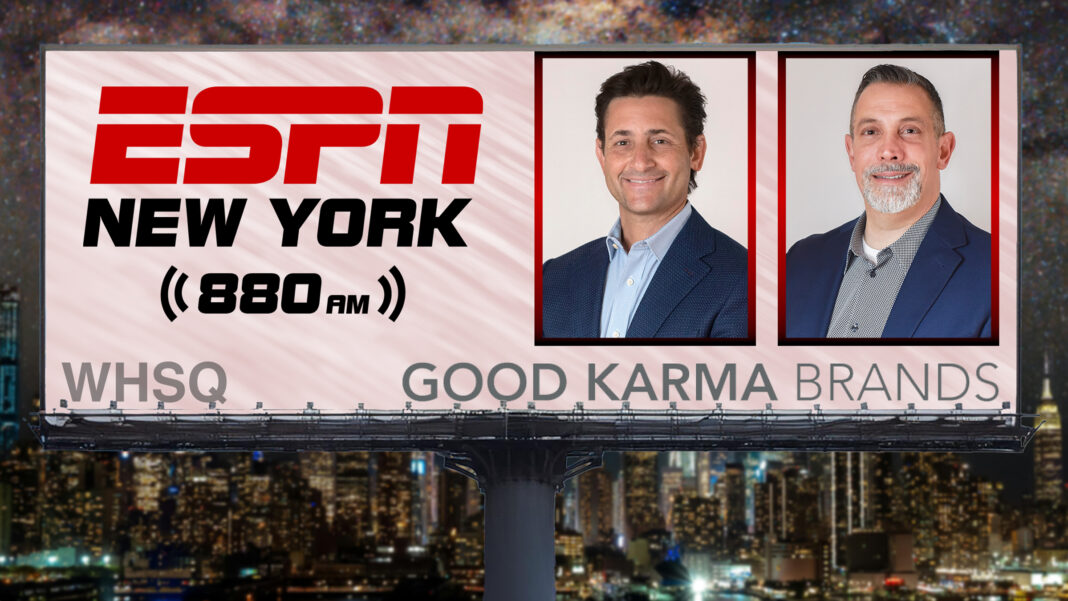You probably read about SiriusXM’s recent announcement of a new “free” option, called SiriusXM Free Access. The company’s announcement cited a number of limitations, but if you go to the homepage, you’ll find all of the details. If your vehicle is eligible for the plan, you can sign up. This development is truly important for broadcast radio.
Forty years ago, during my Ph.D. program at Michigan State, I took a required class in media economics taught by one of the best media economists around, the late Dr. Barry Litman. Like many academics, Barry was a unique character, but he knew his stuff. In the ‘80s, we were still talking about “scarcity” which I’ve covered in an earlier column and the Newspaper Preservation Act of 1970 which allowed competitive local newspapers to skirt the antitrust laws among other topics.
Antitrust is a major component of US business laws. The first antitrust law was the Sherman Antitrust Act of 1890, so we have a long history in this country of dealing with and occasionally breaking up monopolies. There are different kinds of monopolies. Some result from buying companies to block competition (typically illegal), some are regulated monopolies (your local utility) and others exist because the market will only support one firm (radio ratings).
The direct-to-consumer satellite radio business is a monopoly. When the FCC first approved satellite radio in the ‘90s, the plan was to have two licensees which would allow for competition. Eventually, these became XM (which launched first) and Sirius. Each made deals with the various automotive OEMs so some car brands had XM and others had Sirius.
In the early days, the two companies spent plenty of money trying to lock up talent and other programming that might get drivers to pay for the service after their initial free trials. Some examples:
- Sirius signed Howard Stern in 2004 with the initial contract worth a reported $500 million plus $83 million bonus potential
- XM signed Oprah Winfrey to create a channel for a reported $55 million for three years.
- XM signed a deal with Major League Baseball for $650 million over 11 years.
- Sirius signed a seven year deal to broadcast NFL games for $220 million, although $32 million of that was in Sirius stock
Then there were the initial costs of designing a system, launching satellites, convincing OEMs to include the service which included offering the companies warrants to purchase shares in the companies, marketing, and staffing up. In other words, getting started was not cheap and the companies had some self-induced issues as well.
Eventually, the two companies found they were losing lots of money by competing and overpaying for content and announced a merger. However, Sirius and XM had to convince the FCC that a single satellite radio company with no competition in that space was good for the consumer even as it violated the FCC’s own decisions and regulations. In 2008, they succeeded and the combined SiriusXM as we know it today became a reality.
The FCC’s Memorandum Opinion and Order and Report and Order of August 5, 2008, which passed on a 3-2 vote covered a great deal of ground and took me back to my days in Media Economics even including a reference to the dreaded Herfindahl-Hirschman Index which measures market concentration.
When considering whether a combination is a monopoly, the question of “relevant market” comes up. In this case, was the market satellite radio alone? Was it audio news and entertainment which in 2007-08 meant broadcast radio and satellite (streaming was in its infancy at the time). Certainly, if the “relevant market” was satellite radio, SiriusXM would be a monopoly.
The FCC economists thought long and hard expressing concerns over pricing because monopoly power generally means you can charge more (just ask Nielsen Audio). Would a combined SiriusXM try to go after local radio? The result was that the new company was given conditions, such as holding prices steady for three years.
What no one appeared to consider was what would happen if the combined company simply gave the service away with ads? Sounds a lot like broadcast radio, doesn’t it? Now, SiriusXM is offering a free service with ads to a “select” group of consumers, those who have had the service before and have the 360L receivers in their vehicles will be able to hear a “select” group of channels. Reviewing the list, these aren’t the best channels the service has to offer, but the price is right.
Do you think SiriusXM will stop there? I remember watching a CNBC interview with Travis Kalanick in the early days after he founded Uber. He explained that the service was set up to help “black car” drivers (limousines) get more business during down times. The first time I used Uber was with a “black car” in LA thanks to a $50 discount from my hotel. Today, Uber’s ridesharing service is in 70 countries. Mark Zuckerberg started Facebook for Harvard students and later restricted the service to college students. Today, Facebook has around 3 billion monthly users.
For those of you who know Dick Taylor, he wrote about SiriusXM potentially offering a free service eight years ago! If you don’t read Dick’s more or less weekly blog, it’s worth your time. He figured it had to happen because as Rich Greenfield of LightShed Partners said last week in a New York Times article about Tubi, “People love free”.
Now consider how the FCC views broadcasting. A key concept for US broadcasting in the Communications Act of 1934 is “localism”. SiriusXM does not provide any sort of local programming, nor does it sell local advertising. However, if SiriusXM offers a free service, this will likely reduce the audience for local radio by giving another choice to consumers who previously opted against paying for satellite radio.
Given the state of the radio business today, is it really in the “public interest, convenience, and necessity” for radio to have another “free” competitor that is licensed by the FCC? In other words, isn’t the FCC working at cross purposes to its mandate by allowing an FCC-sanctioned monopoly to compete more directly with local radio broadcasters? The Commission has been working on localism as recently as this year.
The FCC should revisit the SiriusXM merger and consider whether offering a free service is truly in consumers’ interest with the need for a strong, local broadcast radio service and determine whether this should be allowed under the company’s current license. And if you think this affects only commercial broadcasters, the free SiriusXM service includes NPR Now. Considering the financial state of public radio these days, this may be the last thing those stations need.
The National Association of Broadcasters is the logical leader to take this fight to the FCC. While NAB is busy with getting Congress to force OEMs to include AM in every vehicle, this battle is probably more important to the industry in the long run. NAB acts based on what the NAB Board directs and that board is made up of broadcasters. I urge you to get in touch with your NAB Board representatives and tell them to raise this issue.
Let’s meet again next week.






